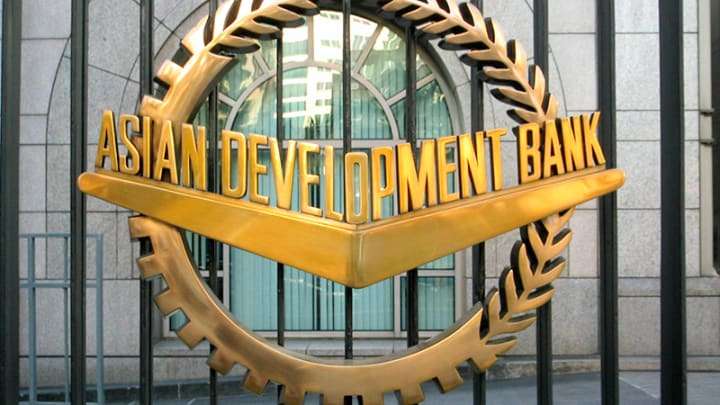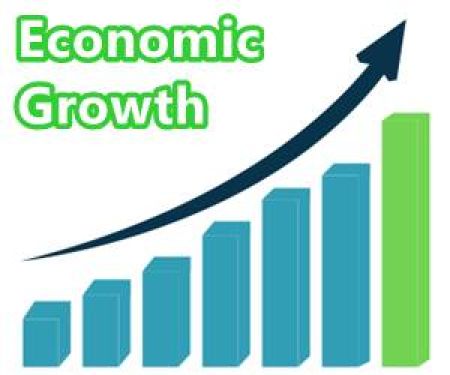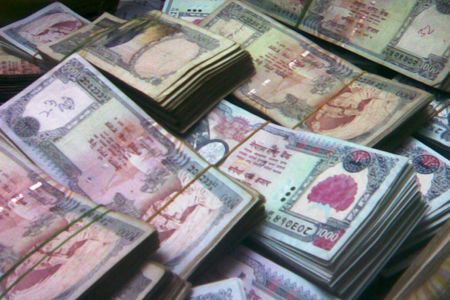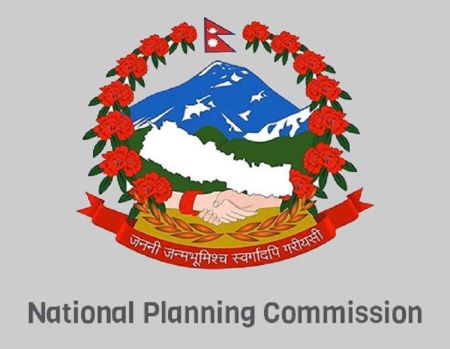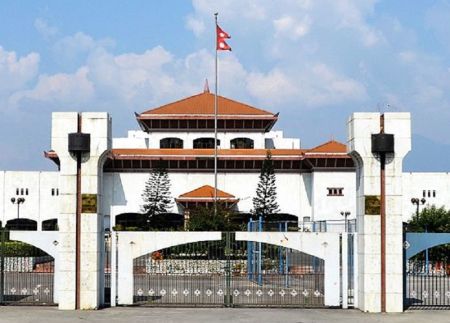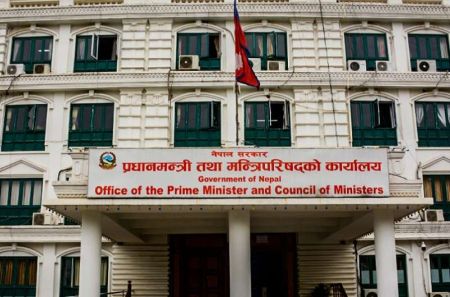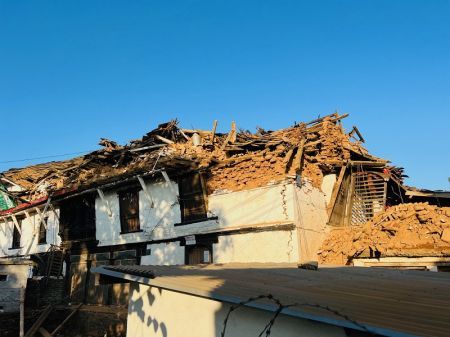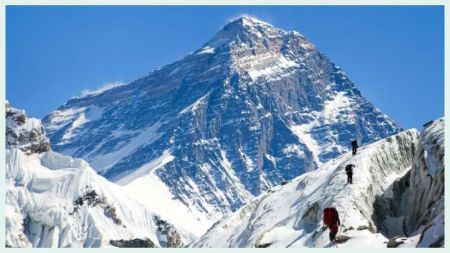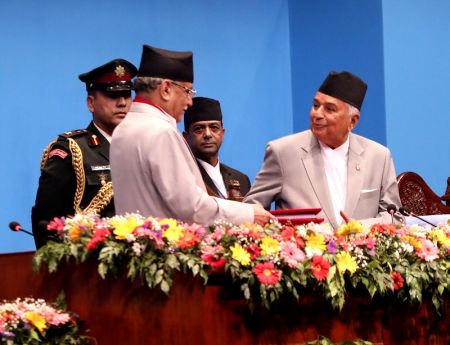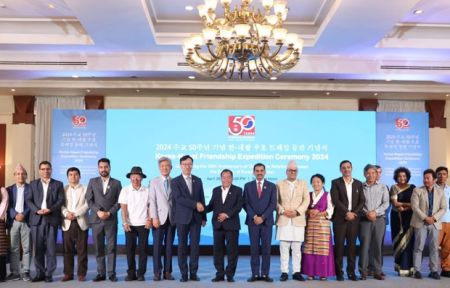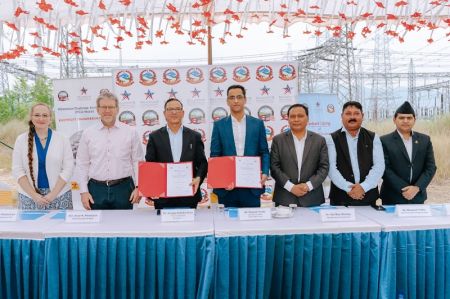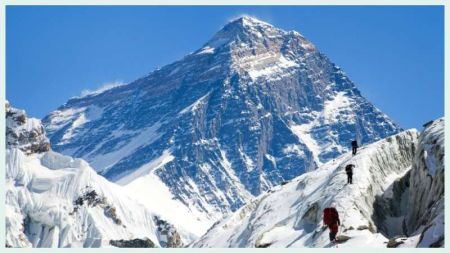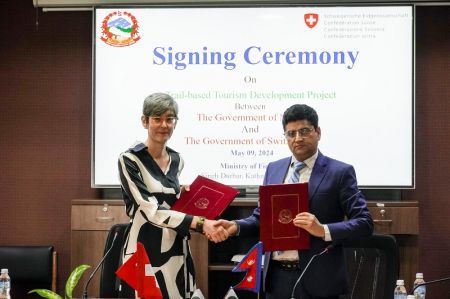April 7: The Asian Development Bank (ADB) has stated that Nepal's economy is in a critical situation. The Asian Development Outlook 2022, released by the ADB on Wednesday, states that the economy is becoming problematic due to the fluctuations in the world market and the failure of the state to adopt the right policy in time.
According to the ADB, the global economic recession caused by the Ukraine-Russia tensions, stagnant trade, rise in prices of crude oil and other commodities have put pressure on inflation. It also warned that the country would face challenge in maintaining the balance of payments and foreign exchange reserves.
“The slow expansion of developed economies due to Russia-Ukraine tensions, stagnant trade flows and rising prices of oil and other commodities could put further pressure on Nepal's balance of payments and foreign exchange reserves,” said Arnaud Cauchois, ADB's Country Director for Nepal.
In 2021, Nepal's economic growth rate was 3.2 percent. The ADB has projected 3.9 percent growth for 2022. The government had expected the Gross Domestic Product (GDP) growth rate to be 7 percent in the current fiscal year.
ADB views the growing trade deficit as a long-term challenge to Nepal’s economy. The ADB report expressed concern that rising imports but lower exports could lead to structural problems.
According to the report, the problem seems to be rising as Nepal's trade deficit is increasing but the resources to cover such deficit are not expanding in the same proportion. As per the ADB, the government's efforts to reduce costs and increase competition through trade policies and various laws to address this problem have had little effect. The ADB states that despite various multilateral and bilateral initiatives to increase exports, the results have not been encouraging.
“Even though Nepal's production is good, it has not been able to export due to lack of capital, technology and skills required for it. Nepali products have not been able to enter the world market as the country does not even have a simple laboratory,” said the report.
ADB report also pointed out that Nepal has also been unable to utilize the concessions offered by some rich countries.
After the 2015 earthquake, the United States decided to give concessional access to Nepal's products such as carpets and pashmina. However, the ADB report says that Nepali products have not yet been able to reap the benefits due to the failure to meet the required quality standards for entry into the US market.
ADB states that although Nepal can benefit by doing significant work in the field of information technology and tourism, this is not the case. Despite the policy formulation, the result is not seen due to the lack of implementation and continuity.
Paddy production was expected to be good due to favorable rains. However, unseasonal rains and floods in October damaged crops. This has reduced paddy production by 9 percent, according to ADB.
Based on consumer and investment demand, the industry is expected to grow by 4.1 percent this year. Wholesale and retail trade, transportation and financial services are expected to grow by 5.2 percent due to normal conditions. ADB expects the tourism sector, which had a negative impact in 2021, to improve from this year. Furthermore, the ADB considers the continuation of the vaccination campaign against the pandemic and the gradual normalization of economic activity to be positive.


